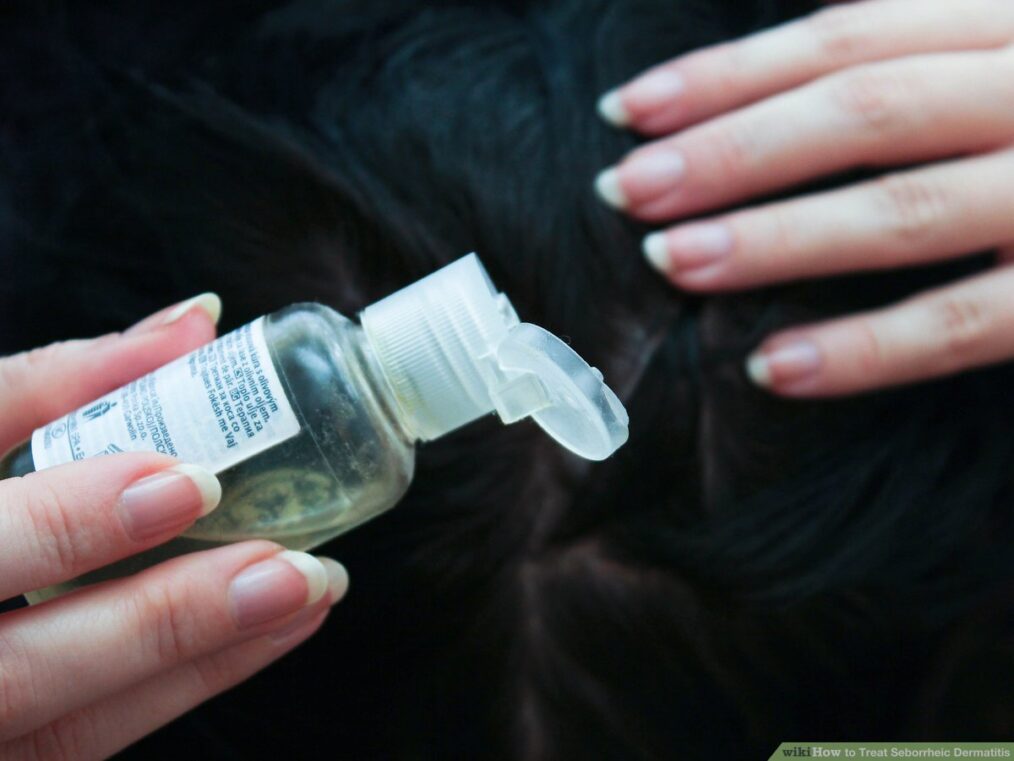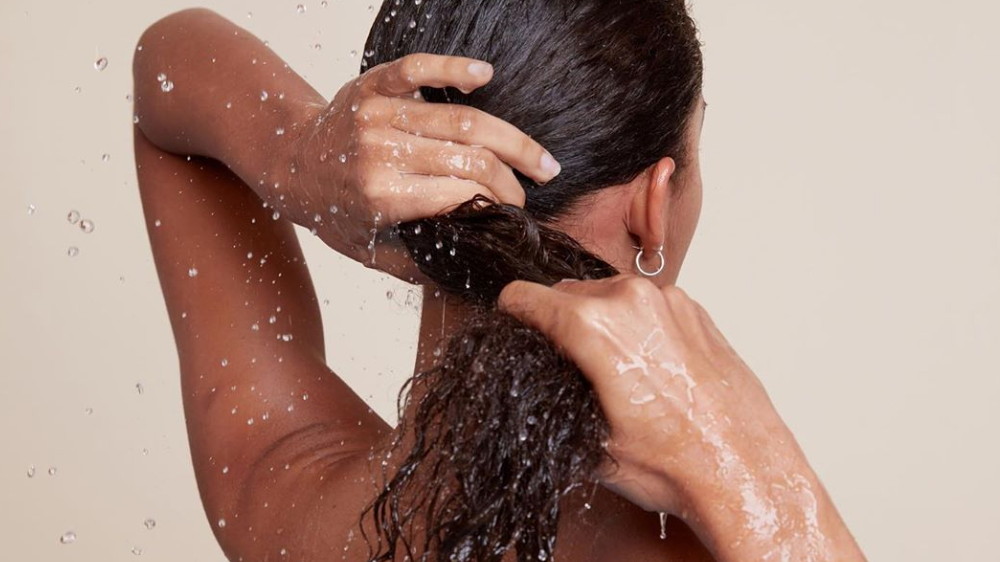First of the determination of dandruff vs seborrheic dermatitis is something that most people don’t understand. When the word seborrhea is used then it means that there is also an abundance of scalp oils or sebum associated with the scalp condition.
Dermatitis simply means that there is inflammation. If you are having oily hair and dandruff and the itching, flakes, redness, inflammation seem to be more severe than traditional dandruff then it is seborrheic dermatitis. There is not a test that the doctor will give or that you can take to confirm this. It is based on observation by a dermatologist and often times a family doctor.
Dandruff on the other hand without oily or greasy hair and scalp can also be termed mild inflammation or scalp dryness and even scalp eczema.
The important thing to note is that almost always where there is itching and flaking that is persistent there is a fungus or bacteria that is causing it.
Dandruff is most likely the presence of a fungus called malassezia that is growing a little bit out of control. However, it can also be eczema that is based more on dry skin on the head or anywhere on the body for that matter.
What Can You Do For Dry Scalp and Dandruff?

- Source: glamourmagazine.co.uk
One of the best things is a mineral salt scrub. Closed hair follicles or sebum plugs allow the fungus and mites or bacteria to remain down inside the follicle ad because of the hardened sebum buildup the cleanser or shampoo cannot irrigate the hair follicle. Years of buildup from hair gels, hair products, shampoo residue and more can cause problems.
The mineral Salt Scrub By ZINCPLEX uses fine salt crystals from dead sea salts that will remove sebum plugs and hardened excess scalp oils along with excess product residue.
This allows the hair to breathe and what is inside the follicles will be much more easily irrigated with herbal or zinc-based shampoos. The results are lasting and healthy hair growth and the overall health of the scalp increase dramatically.
What Can You Do Seborrheic Dermatitis – Is There A Lasting Treatment or Remedy?

- Source: wikihow.com
The excess sebum production or scalp oils will mix with the bacteria, fungus, mites and yeast on the scalp to cause a white waxy buildup and it can cause a crusty scalp build up.
These only work to cause more plugs and scalp congestion where the clogged hair follicles cannot irrigate the microbes. This is why the condition of dermatitis or eczema is compounded when there is an oily scalp to go along with it. The scalp oils are like food for the fungus.
The product line that is designed to open clogged hair follicles and remove the sebum plugs and also prevent as much sebum production is the Zincplex line.
Washing your hair and scalp daily or affected areas are vital for those with seborrhea hair, scalp, skin, face conditions. However, be educated on the products that you use as the stripping or clarifying shampoos that are harsh or not herbal and mineral-based will strip the skin and send a signal for it to produce more oils.




